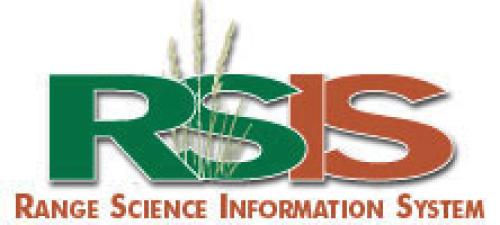The role of cattle in facilitating the ingress and establishment of mesquite (Prosopis glandulosa) has broader implications with regard to the conversion of grasslands to woodlands. On the site with cattle, mesquite seedlings were found in 75% of dung pats surveyed in September. Although seedling survival in dung (79%) was only 16% greater than that emerging from seeds experimentally sown away from dung, no seedlings were found on areas without cattle. The high density of seedlings on areas with cattle, in contrast to absence of seedlings on the area without cattle, suggests rates of invasion of grasslands by mesquite would have increased substantially in North America following the settlement and introduction of domestic ungulates. Prior to the introduction of livestock, poor seed dissemination and germination may have limited its Holocene spread.

Citations and enhanced abstracts for journals articles and documents focused on rangeland ecology and management. RSIS is a collaboration between Montana State University, University of Idaho, and University of Wyoming.